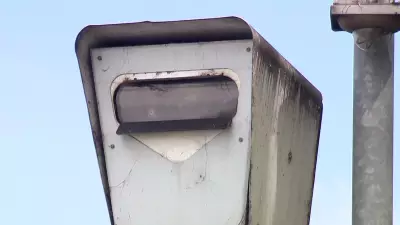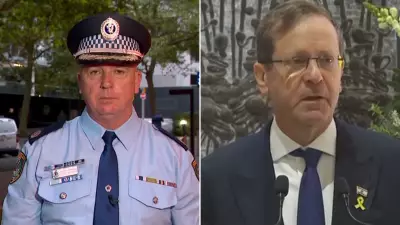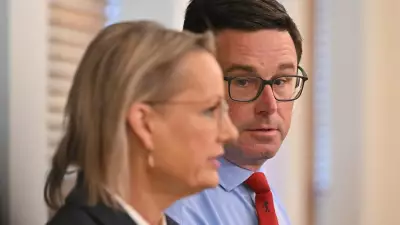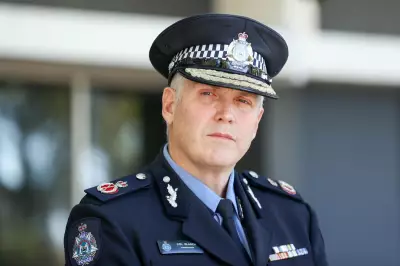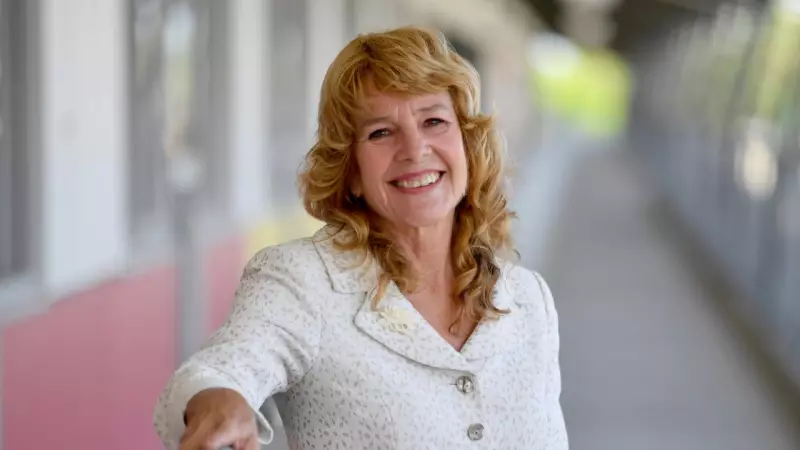
A political candidate in Townsville is taking urgent legal action after what he describes as a systemic failure that prevented thousands of voters from accessing electoral services in the lead-up to the local government elections.
Thousands Locked Out in Critical Pre-Election Period
Troy Thompson, a candidate for Townsville City Council, has filed an application in the Supreme Court seeking an order to compel the Electoral Commission of Queensland to extend voting opportunities. The legal move comes after what Thompson claims was inadequate access to the Townsville electoral office during the crucial final days of early voting.
The situation came to a head on the final Saturday before the election, when hundreds of prospective voters were turned away from the Thuringowa Drive electoral office. According to Thompson's claims, the office reached capacity by 9:30 am and stopped admitting additional voters, despite many having waited in line for hours.
"We had people who had taken time off work, arranged childcare, and made significant efforts to vote being told to come back another day," Thompson stated. "For many, there was no 'another day' with the election imminent."
Legal Battle Over Voting Access
The Supreme Court application seeks to address what Thompson describes as a fundamental breach of democratic rights. His legal team is arguing that the limited operating hours and capacity restrictions effectively disenfranchised a significant portion of the Townsville electorate.
"The electoral office was only open from 9 am to 5 pm on weekdays," Thompson explained. "These hours are exactly when most people are working. The single Saturday opening saw massive queues with hundreds unable to vote before closing."
Evidence submitted to the court includes photographs of long queues, testimony from turned-away voters, and records of complaints made to the electoral office. Thompson estimates that thousands of voters may have been affected by the access issues.
Broader Implications for Democratic Process
The case raises important questions about access to voting in regional Australia and whether current electoral arrangements adequately serve working people and those with limited mobility. Thompson argues that the situation in Townsville reflects a broader pattern of inadequate resourcing for regional electoral services.
"This isn't just about my campaign," Thompson emphasized. "This is about ensuring every eligible voter has a reasonable opportunity to participate in our democracy. When people make the effort to vote and are turned away due to administrative failures, our entire democratic system is undermined."
The Electoral Commission of Queensland has acknowledged the high demand but maintains that it followed standard procedures. A spokesperson stated that multiple voting options were available, including postal voting and election day voting at numerous polling stations across the city.
However, Thompson counters that many voters prefer or require in-person early voting for various reasons, including work commitments, health concerns, or planned absences on election day. The court is expected to hear the matter urgently given the imminent election date.
This legal challenge comes amid increasing scrutiny of electoral access across Australia, with similar concerns being raised in other regional centers about whether voting arrangements adequately serve modern community needs.

